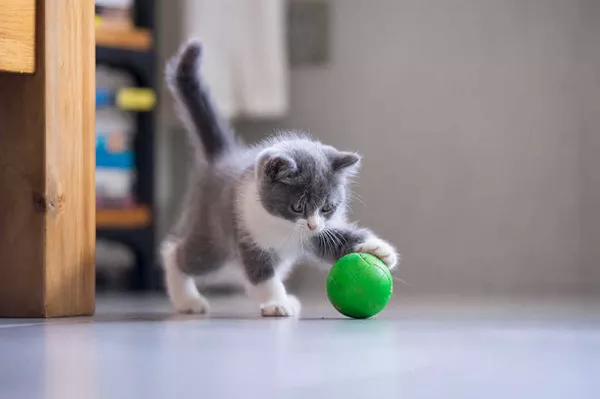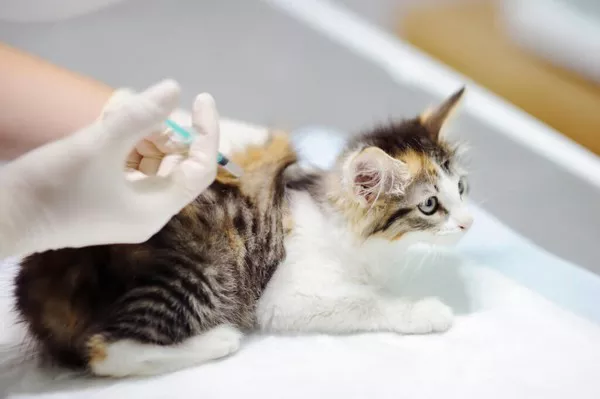Welcoming a cocker spaniel puppy into your home is an exciting experience, but the energetic nature of these adorable companions often comes with a common challenge: biting. Understanding the unique traits of the cocker spaniel puppy is crucial in addressing this behavior and fostering a healthy relationship. In this comprehensive guide, we will delve into effective strategies and techniques to train your cocker spaniel puppy not to bite.
Understanding Cocker Spaniel Puppy Behavior
Before embarking on the journey of training your cocker spaniel puppy not to bite, it’s essential to grasp their behavior patterns. Cocker spaniels are known for their playful and affectionate nature, making them excellent companions. However, puppies, in particular, tend to explore the world through their mouths, leading to nipping and biting tendencies. This behavior is a natural part of their development, but it is crucial to guide them towards more acceptable ways of interaction.
Start Early Socialization
Early socialization is key to molding a well-behaved cocker spaniel puppy. Introduce your puppy to various environments, people, and other animals to help them become accustomed to different stimuli. Socialization plays a vital role in reducing anxiety and preventing undesirable behaviors, such as excessive biting. Enroll your cocker spaniel puppy in puppy socialization classes where they can interact with other dogs under controlled settings.
Establish a Consistent Routine
Cocker spaniel puppies thrive on routine, and establishing a consistent schedule will contribute to their overall well-being. Regular feeding times, play sessions, and designated bathroom breaks provide structure and predictability for your puppy. A well-regulated routine helps minimize stress and can significantly impact your efforts to curb biting behavior.
Use Positive Reinforcement
Positive reinforcement is a powerful tool when training your cocker spaniel puppy. Reward good behavior with treats, praise, or affection to reinforce the idea that gentle behavior is desirable. When your puppy refrains from biting or nipping, offer immediate positive feedback. This encourages them to associate good behavior with positive outcomes, facilitating a smoother training process.
See Also: Why Are Cocker Spaniels So Hyper? You Need to Know
Redirecting Biting Behavior
Redirecting your cocker spaniel puppy’s biting behavior is crucial for their development. When your puppy starts to nip, immediately redirect their attention to a chew toy or another appropriate object. Providing alternative items for biting not only saves your fingers but also teaches your puppy what is acceptable to chew on. Be consistent in redirecting their attention to reinforce the message.
Teach Bite Inhibition
Bite inhibition is a crucial skill that every cocker spaniel puppy should learn. This involves teaching them to control the force of their bite, making playtime more enjoyable and safer for everyone involved. If your puppy bites too hard during play, let out a high-pitched yelp to mimic the sound their littermates make when hurt. This signals to your puppy that their bite was too strong, helping them learn to adjust their bite strength.
Employ Time-Outs When Necessary
When your cocker spaniel puppy becomes overly excited and biting persists, employing time-outs can be an effective strategy. Create a designated time-out area where your puppy can calm down and understand that biting results in a pause in playtime. Consistency is key – make sure the time-out space is not seen as a punishment but rather as a brief break to help your puppy regulate their excitement levels.
Avoid Rough Play
Cocker spaniels love to engage in play, but it’s crucial to set boundaries to prevent rough behavior. Discourage wrestling or overly physical play that may escalate into biting. If your cocker spaniel puppy becomes too excited during play, interrupt the session and redirect their attention to a more appropriate activity. By avoiding rough play, you help establish clear expectations for acceptable behavior.
Enlist Professional Training Help
If you find that your efforts to train your cocker spaniel puppy not to bite are not yielding the desired results, consider seeking professional assistance. A certified dog trainer can provide personalized guidance based on your puppy’s unique needs. Professional trainers use their expertise to address specific behavioral challenges and offer valuable insights to enhance your training approach.
Be Patient and Consistent
Training a cocker spaniel puppy not to bite requires patience and consistency. Understand that behavioral change takes time, and your puppy may not grasp all the concepts immediately. Stay committed to positive reinforcement, redirecting, and teaching bite inhibition consistently. With time and dedication, you’ll witness your cocker spaniel puppy growing into a well-mannered and gentle companion.
Conclusion
Training your cocker spaniel puppy not to bite is an essential aspect of responsible pet ownership. By understanding their behavior, implementing positive reinforcement techniques, and being patient, you can guide your puppy towards developing appropriate biting habits. Remember that consistency is key, and the bond you build during this training process will contribute to a lifelong relationship of love and companionship.
Related Topics:
How Many Hours a Day Do Cocker Spaniels Sleep?
How to Discipline a Cocker Spaniel: A Comprehensive Guide
How Much Exercise Does a Cocker Spaniel Puppy Need? A Complete Guide

























